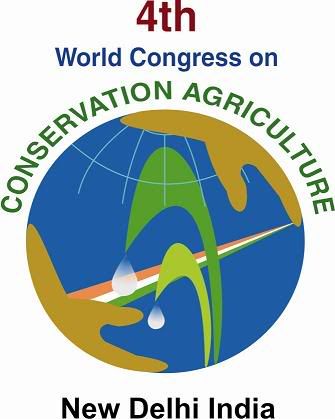- the identification and description of Learning teams
- the identification of priority activities;
- the development of Regional and National action plans
Participants:
Mrs Jane-Francis ASABA, Information Scientist CABI International Africa Regional Centre, Kenya
Mrs Rachel REGE, Ag. Assistant Director Information and Documentation Services, Kenya Agricultural Research Institute (KARI) Kenya
Dr. Doris Matovelo, Director of Library, Sokoine University of Agriculture (SUA) Tanzania
Ms. Vidah MAHAVA, Ag. Head of Information and Documentation Unit, DRD Tanzania
Mr. Pascal KAUMBUTHO, CEO, Kenya Network for Dissemination of Agricultural Technologies (KENDAT) Kenya
Mr. Bob MUGERWA, National Coordinator, District Agricultural Training and Information Centers (DATIC component) Agricultural Sector Programme Support (ASPS) Uganda
Mrs. Marie-Chantal NIYUHIRE, Head Biometrics Unit and Computer Sciences, Institut des Sciences Agronomiques de Burundi (ISABU)
Mr. Jocelin Eyel'nzo MAKOKO, Head Biometrics Unit, Institut National pour l'Etude et la Recherche Agronomique (INERA) DR Congo
Mr. Janvier NKUNZEBOSE, Librarian, Institut des Sciences Agronomiques de Burundi (ISABU)
Mr. Abebe KIRUB, Ethiopian Institute of Agricultural Research (EIAR)
Ms. Rafaa Ashamallah GHOBRIAL, Head of Information Services and Systems, National Centre for Research, Documentation and Information, Sudan
Ms. Ahlam Ismail MUSA, Head Librarian, Central Library ARC, AGRIS Resource Centre of the Sudan
Mrs. Claudine UMUKAZI, Head Information Communication and Documentation, Institut des Sciences Agronomiques du Rwanda (ISAR)
Zeinab, Secretary ASARECA














 The twenty participants at the workshop were drawn from ten CG research centers, the CG secretariat, FARA Ghana, KARI and ICIPE Kenya.
The twenty participants at the workshop were drawn from ten CG research centers, the CG secretariat, FARA Ghana, KARI and ICIPE Kenya. 







